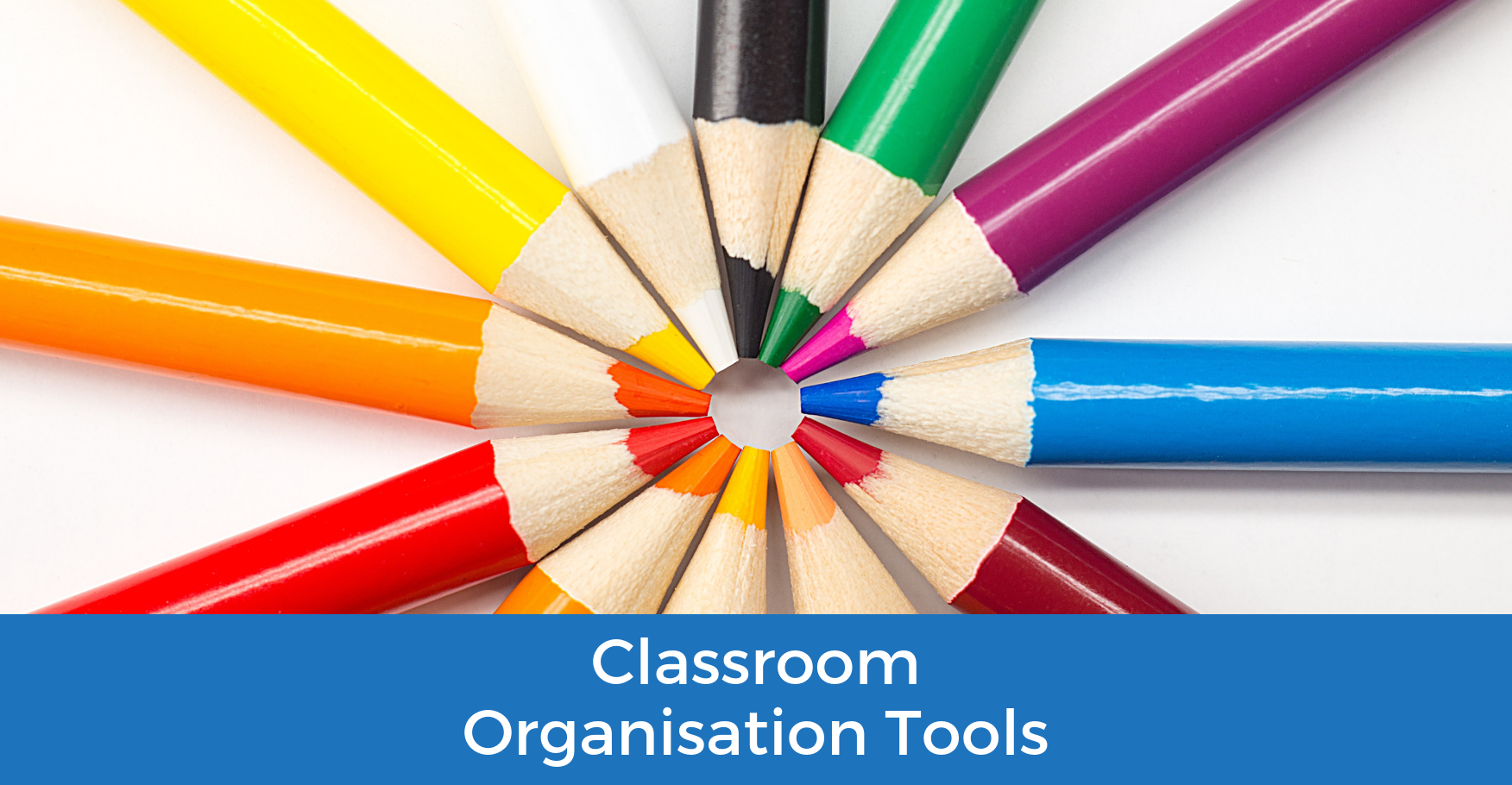In education, the new year tends to be accentuated by two things: New learners starting school and new teachers venturing into new teaching environments (some fresh from their studies, others transferring from previous employment.). New learners get a lot of attention from teachers, school governing bodies and society at large, but the new teachers are often overlooked and left to their own devices. After four years of studying, young teachers suddenly have their own classroom and are responsible for the young people entrusted unto them. This is very exciting, but it can certainly also evoke anxiety.
Here are 5 tips for helping new teachers to settle in the new school environment:
1. Be yourself

Don’t be afraid to be yourself. Many novice teachers suffer from ‘imposter syndrome’. This is a feeling characterized by anxiety towards the new position you are placed in and the belief that you are not worthy or competent to have been placed in such a position. This is quite common in teachers, but it rarely receives much focus in staffroom discussions as many fear that their feelings of inadequacy would be confirmed if spoken out loud. A fatal mistake would be to give in to this belief. Rather improve your confidence by capitalizing on your unique strengths. There is no other teacher like you. You have unique insights, understanding and principles that inform your teaching style and this will certainly bring much value to the classroom. Don’t try and copy other teachers; be yourself. Authenticity will let you gain respect from the learners as well as from your colleagues.
2. Find a mentor

Finding someone who you can go to for advice or just sit and reflect with is truly priceless in becoming the best teacher you can be. Many schools have initiated induction programmes that assign new teachers to more experienced mentors. If this is not the case in your school, take matters into your own hands and buddy-up with an experienced teacher. This does not necessarily have to be a teacher who teaches the same subject (but it does have many advantages in pairing with a mentor that knows the content that you teach). You can reach out to other teachers as well until you find someone who really understands and supports your teaching and professional development journey. The head of your department is often a great choice as a mentor as you can share your challenges and learn from their experiences.
3. Ask for assistance
Despite your enthusiasm, you shouldn’t try to do everything on your own. Teaching is often described as being the same as being stuck on an island. Although your classroom is filled with learners, you are often found to be alone from a supportive perspective which can certainly hold many challenges. Novice teachers are often overwhelmed by the pressures of managing a class on their own. To remedy this feeling of isolation it is imperative that you join a community of practice – a group of teachers who teach the same subjects or grades as you do. Belonging to a community will help you feel supported and they can often help you out by sharing ideas and resources to lighten your load. These communities become a refuge as you can ask questions and share ideas to help manage the isolation that often comes with teaching. If there isn’t a community within your own school or district, look toward social media. There are many Facebook groups, Instagram pages and YouTube channels that aim at inspiring, motivating and supporting teachers.
It’s important to remember that there is nothing wrong with asking for assistance. It is your first year of teaching at your new school and despite the fact that you’ve done all the theory whilst studying, you cannot know everything. Don’t feel uncomfortable or embarrassed if you don’t know something. Every teacher has been there and most will be happy to assist.
4. Make mistakes
You shouldn’t be afraid of making mistakes. It’s bound to happen. When it does, revert back to your training: reflect and discover the cause of the mistake, and then implement the fix. You have been equipped by your learning institution. Have confidence in your ability and take on the challenge to turn mistakes into learning opportunities. Learning from your mistakes is most effective when you take the time to reflect on your days’ teaching. During reflection you can look back on your actions and decide what you need to change in order to improve on and minimize teaching challenges in future. As a teacher, you are lifelong learner and you should embrace the fact that you won’t know everything. If you are willing to invest time into thinking about what needs to be done to refine your practice, you will only improve.
5. Stay motivated

While every new teacher hopes for a smooth and wonderful transition into teaching as a career, it is good to be prepared for challenging moments that may materialize. As with any job, being new to something can be tough and demotivating. Having realistic expectations of your new situation is very important. When the days are long and the challenges are tough, stay motivated by reminding yourself why you became a teacher in the first place. Above all, ensure that you have fun because enjoying what you are doing is a great motivator and also a great way to keep your learners engaged. Grab their attention with exciting activities and innovative lessons.
These tips are by far not exhaustive. There is sage advice at your disposal, just go look for it. You have chosen a noble profession and the journey that lies ahead will be difficult but also extremely rewarding.
Francois Naudè

 Mindful Mathematics Course
Mindful Mathematics Course 

